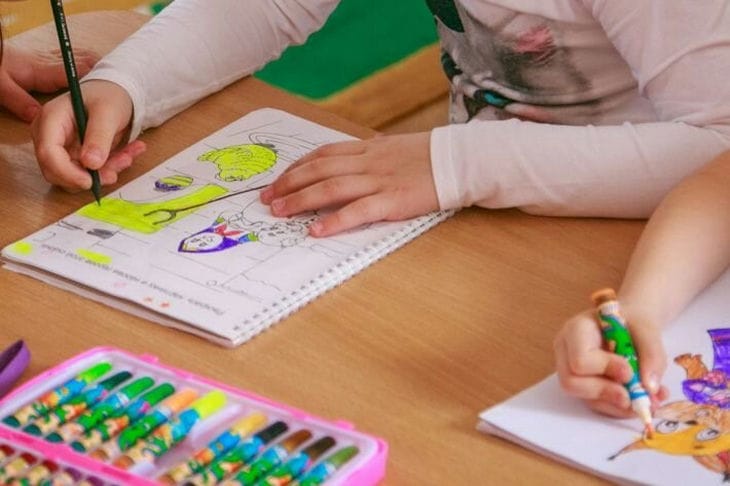Forget about "thank you": what children should never hear from their parents
You stand in the store with a smile on your face while your three-year-old hands the clerk his money and whispers a memorized "thank you."
It seems like the perfect moment of parental pride.
And 15 years later, your teenager throws a "thank you" over his shoulder without even looking you in the eye. A paradox? No. You just confused politeness with automatism.
Some phrases that we consider correct cripple children's psyche. And yes, "thank you" is one of them.
Say thank you to uncle
You turn gratitude into a ritual, depriving it of meaning. The child does not feel gratitude - he follows the command.

Instead, ask later: "Did you like the toy you got? How will you show it?" Let him find a way - with a smile, a hug, a drawing.
Apologize immediately
Forced "forgive" teaches hypocrisy. The guilty child gets angry, the "victim" feels false.
Try another way: "You upset Sasha. How can we fix it?" Perhaps he will offer to lend his car or help build a castle. This is real remorse.
You are the smartest
It seems like support. In reality, it is a perfectionist attitude. After a failure, the child will decide: "I am not the smartest, so I am nobody." Better: "I see you tried very hard!" The emphasis is on the effort, not the result.
Children copy not words, but sincerity. Replace templates with real emotions.
